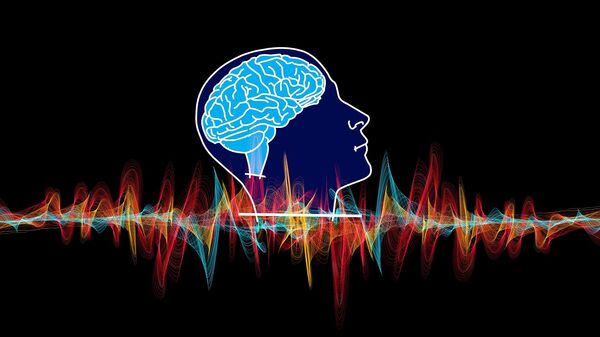The researchers found that SARS-CoV-2, the virus that causes COVID-19, uses brain cells to make copies of itself. It also uses nearby oxygen in the brain in the process, which causes neighboring cells to die.
However, researchers are still unclear on how the virus makes it to the brain and how often it does so.
“If the brain does become infected, it could have a lethal consequence,” said Akiko Iwasaki, an immunologist at Yale University who led the research, told the New York Times.
Scientists have found that the virus infects human cells through a protein found on their surface known as ACE2. The ACE2 protein is found in large amounts in the cells of the lungs, which explains why COVID-19 typically attacks the respiratory system.
Previous studies have stated that the brain has very little ACE2 and is thus unlikely to be a favored target of SARS-CoV-2. However, the most recent study shows that the virus can hijack brain cells through the ACE2 protein.
“It’s pretty clear that it is expressed in the neurons and it’s required for entry,” Iwasaki explained.
The researchers also looked at two sets of mice. One of the mice had the ACE2 receptor expressed exclusively in the brain cells, while the other only had the receptor expressed in the lung cells. The researchers introduced the COVID-19 virus into the mice and noted that the mice with the ACE2 receptor expressed only in their brains lost weight and died within six days. The mice with the ACE2 receptor in their lungs neither lost weight nor died.
According to Robert Stevens, a neurologist at Johns Hopkins University not involved in the study, between 40% and 60% of hospitalized COVID-19 patients exhibit neurological and psychiatric symptoms. However, such symptoms may be unrelated to the virus’s hijacking of brain cells and may instead be due to inflammation throughout the body.
“There’s no need for the brain cells themselves to be infected for [some brain-related symptoms] to occur,” Michael Zandi, consultant neurologist at University College London’s National Hospital for Neurology and Neurosurgery, told the Times.
“Different groups of patients may be affected in different ways. It’s quite possible that you’ll see a combination of both,” he added.

